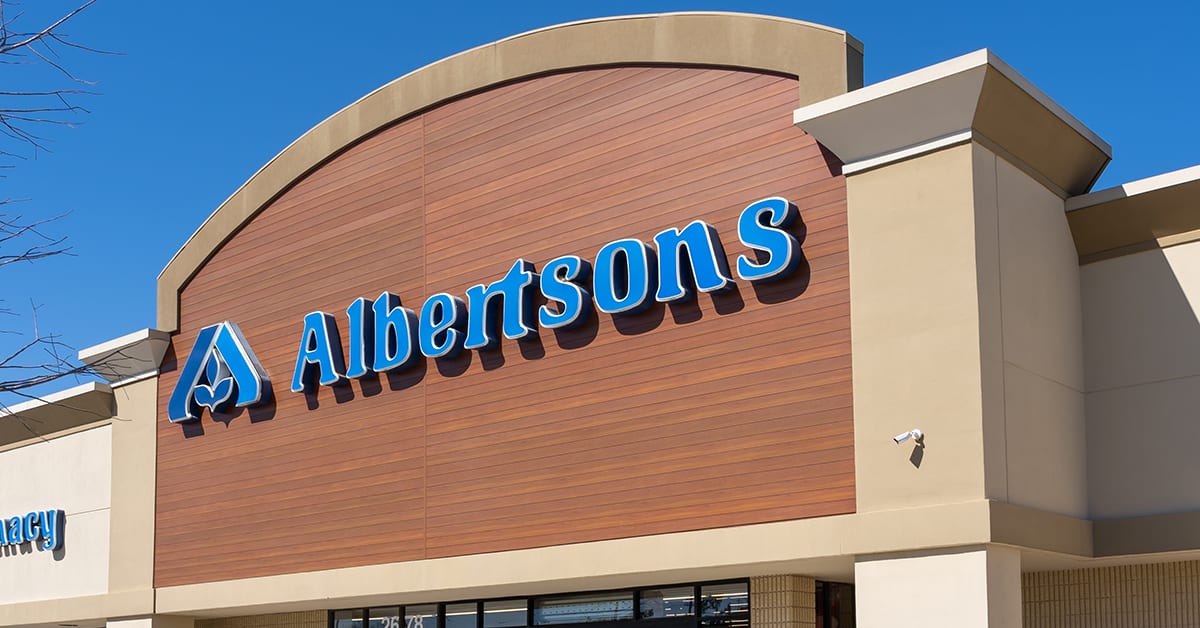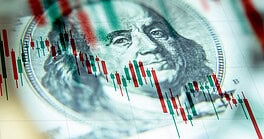America's largest grocery chain—Kroger—intends to buy America's second largest grocery chain—Albertsons.

Kroger, the biggest grocery chain in the US by sales, plans to buy the second-biggest grocery chain, Albertsons, for $24.6 billion. The deal, one of the largest retail transactions in years, would create a supermarket colossus that boasts 5,000 stores across 48 states, including Washington, DC, and competes head-to-head with Walmart and Amazon.
It also could never happen.
Antitrust advocates say the merger would have a cascade of adverse effects, from putting a squeeze on consumers and independent grocers to stifling workers’ demand for higher wages. It could also be harmful in cities where the two firms are each other’s only major competitor, according to Cleveland-Marshall College of Law professor and antitrust economics expert Christopher L. Sagers.
“There could be any number of places where the merger would leave some significant area within a given market with only one grocery alternative, and that would be very bad for consumers,” Sagers says. “That could be true even if the reduction in competition isn’t significant.”
Federal regulators will look closely at each city and market and demand divestiture of some stores to third parties, he explains, adding, “If the agency and the merging parties can’t come to a satisfactory agreement, the agency might sue to block the merger completely.”
When announcing the deal, Kroger and Albertsons preemptively said they were prepared to sell up to 650 stores. Still, passing the Federal Trade Commission’s (FTC) checks could prove challenging.
FTC chair Lina Khan, an aggressive opponent of market consolidation, has expressed concerns about competition among grocery stores in the past. At the very least, Sagers notes, Khan will ensure history does not repeat itself.
“This merger is very frustrating to people who care about antitrust,because when Albertsons acquired a series of Safeway stores in 2015, it agreed with the FTC to a divestiture plan that turned into a major disaster: Albertsons wound up buying back a large number of those stores for pennies on the dollar, making a laughingstock of our antitrust policy.” That they are trying to increase concentration again, Sagers says, is galling and regrettable.



